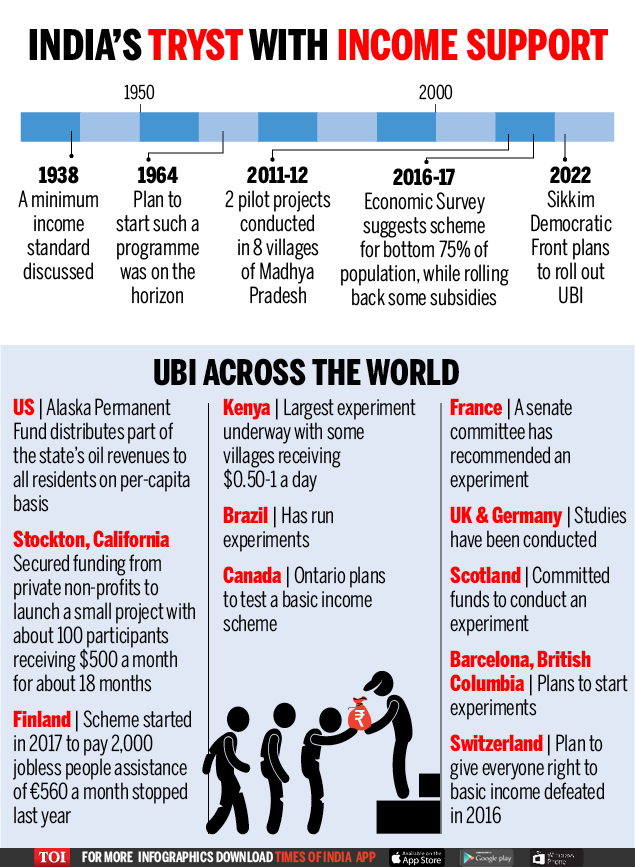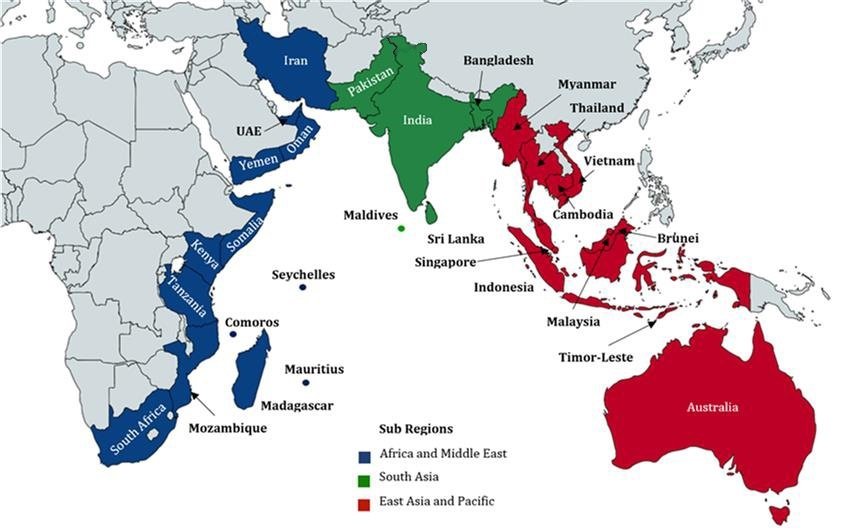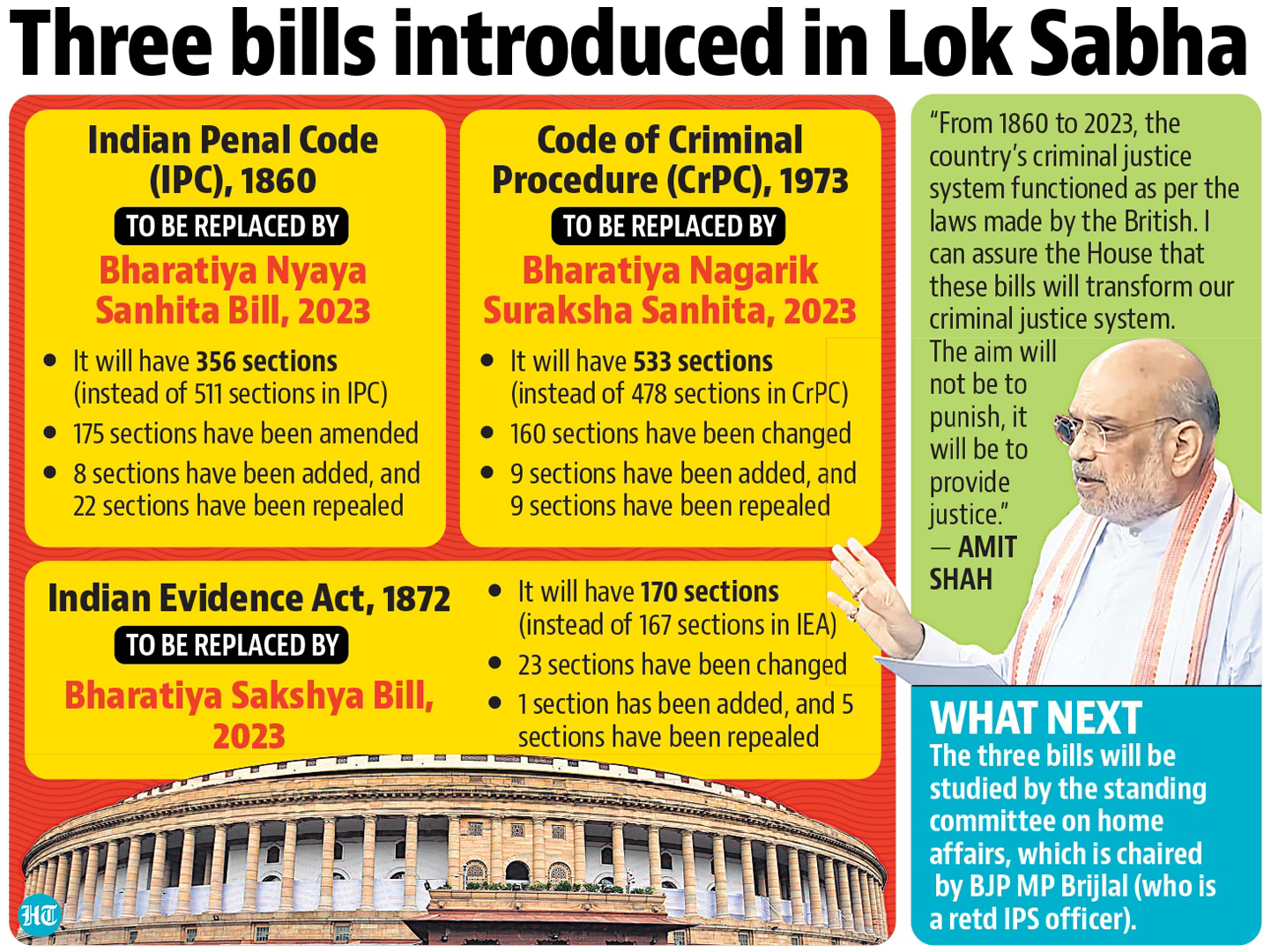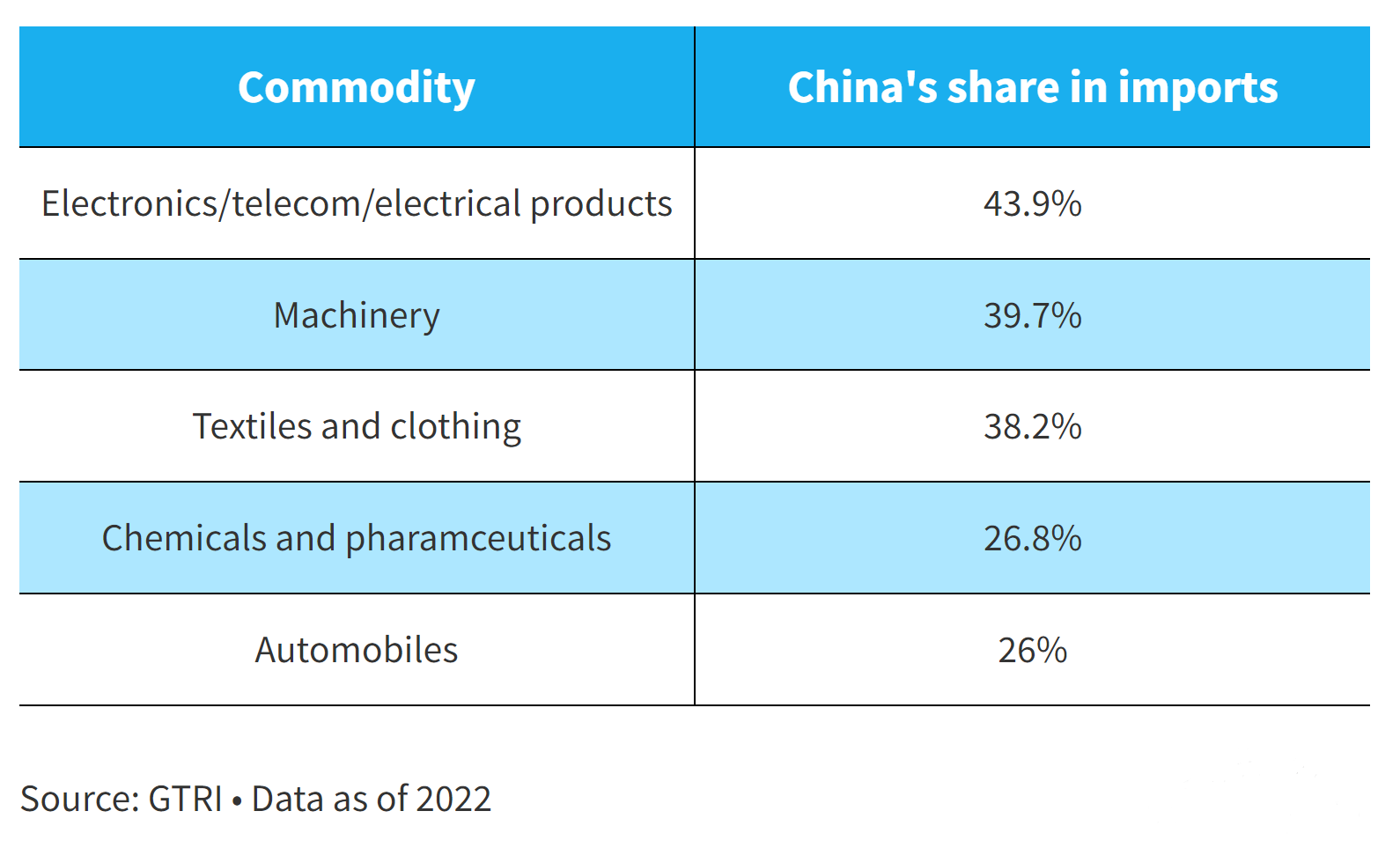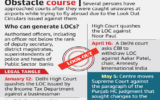
Maratha Quota Law
Subscribers of "Current Affairs" course can Download Daily Current Affairs in PDF/DOC
Subscribe to Never Miss an Important Update! Assured Discounts on New Products!
Must Join PMF IAS Telegram Channel & PMF IAS History Telegram Channel
- Context (TH I IE I IE): Maharashtra recently passed the Maharashtra State Reservation for Socially and Educationally Backward Classes Bill 2024.
- It sets aside 10% reservation for the Maratha community in jobs and education under socially and educationally backward categories.
- This is the third time in the last decade that the State has introduced legislation for a Maratha quota.
- The Bill was drafted based on a report by the Maharashtra State Backward Class Commission.
- This report identified the Marathas as socially and educationally backward, justifying the need for reservation.
Provisions of the Bill
- It ensures that the principle of creamy layer is applicable, thereby targeting the most marginalised within the community.
- The Bill does not disturb the existing OBC quota and is distinct from the earlier notification on the issuance of Kunbi caste certificates to eligible Marathas for inclusion within the OBC category.
- Non-Kunbi Marathas will continue to be covered under the new law, making the Maratha community eligible for reservations under two separate categories for the first time.
- Maharashtra currently has a reservation of 62%, including various categories such as SC, ST, OBC, Vimukt Jati, Nomadic Tribes, EWS and others.
- With the addition of 10% reservation for the Marathas, the total reservation in the state will now reach 72%.

History of Maratha Reservation
- Narayan Rane Committee: In 2014, a Narayan Rane-led committee recommended a 16% reservation for Marathas ahead of elections.
- 2014: The Maharashtra government announced a 16% reservation for Marathas under a new category called the Educationally and Socially Backward Class (ESBC).
- Bombay High Court’s Ruling: The Bombay HC, while acknowledging the need for Maratha reservations, stated that the 16% quota was not justifiable and suggested that a quota of 12% in education and 13% in jobs would be more appropriate.
- Gaikwad Commission: In 2018, the Gaikwad Commission’s findings recommended granting 16% reservation.
- 2018 Maharashtra Law: The Maharashtra Legislature passed a bill proposing 16% reservation for Marathas under the Socially and Educationally Backward Classes (SEBC) Act, 2018.
- Supreme Court Intervention: Implementing the quota faced challenges and was subject to scrutiny in the courts. Petitioners argued against the reservation, claiming it violated the SC’s 50% cap on reservations established in the Indra Sawhney case (1992).
- The Maharashtra government, defending the quota, cited the community’s backwardness as justification.
- 2021 Supreme Court Verdict: The SC struck down the Maharashtra law granting reservations to the Maratha community in admissions and government jobs, stating
- It exceeded the 50% cap on reservations.
- The reservation law did not meet the criteria to break this limit.
- The Maratha community was not a socially and educationally backward class to the extent that it warranted surpassing the cap.
- Marathas are a “dominant forward class and are in the mainstream of national life.”
- The President (that is, the GoI) alone was empowered to identify SEBCs and include them in the Central List for claiming reservation benefits.
- States could only suggest to the President or the relevant statutory commissions that the list be included, excluded, or modified.
- Maharashtra State Backward Class Commission:
- The Commission was established in December 2023 to reassess the Maratha reservation issue.
- The Commission cites extreme poverty, agricultural income decline, and land-holding partitions as reasons for the Maratha community’s plight.
- It highlights that 94% of farmer suicides in the state are from the Maratha community.
- The Commission notes inadequate representation in public services, attributing it to the community’s backwardness.
- It notes that the population of Marathas in the state is 28%, while 84 % of them are not advanced.
- Such a large backward community cannot be added to the OBC bracket.
- It recommends separate reservations to increase Maratha’s representation in government jobs and developed sectors.
- The Commission highlighted “exceptional circumstances and extraordinary situations”, justifying reservations to the Maratha community above the 50% ceiling set by the SC.
Marathas
|
Arguments in Favour of the Reservation
Socio-Economic Backwardness
- The empirical data underscores the socio-economic challenges faced by the community, justifying the need for a reservation to uplift them from poverty and marginalisation.
- The high percentage of farmer suicides highlights the economic distress and the urgent need for targeted interventions to uplift the community.
Representation
- Marathas have historically been excluded from mainstream opportunities due to their backwardness.
- Reservation in government jobs and education can enhance their representation and participation in various sectors.
Arguments Against Maratha Reservation
Legal Viability
- Given the history of previous Maratha reservation attempts facing legal challenges and eventual setbacks in higher courts, doubts persist about the new Bill’s ability to withstand judicial scrutiny.
- SC’s previous ruling struck down Maratha reservations due to insufficient empirical data justifying quota extension beyond the 50% ceiling.
The Kunbi Certificate Controversy
- A draft notification proposing recognition of “sage soyare” (extended relatives of Marathas with Kunbi lineage) as Kunbi, eligible for OBC reservation, stirred controversy.
- Opposition parties have raised questions about the viability of the new reservation and its potential impact on existing OBC reservations.
Dissent within the Maratha Community
- Some activists and leaders within the Maratha community expressed dissatisfaction with the separate reservation, preferring inclusion within the OBC category.
Need for a Comprehensive Approach
- While reservation may address immediate concerns, it may not effectively address the root causes of Maratha’s backwardness.
- A holistic approach addressing issues like education, skill development, and infrastructure is essential for sustainable development.





![PMF IAS Environment for UPSC 2022-23 [paperback] PMF IAS [Nov 30, 2021]…](https://pmfias.b-cdn.net/wp-content/uploads/2024/04/pmfiasenvironmentforupsc2022-23paperbackpmfiasnov302021.jpg)
